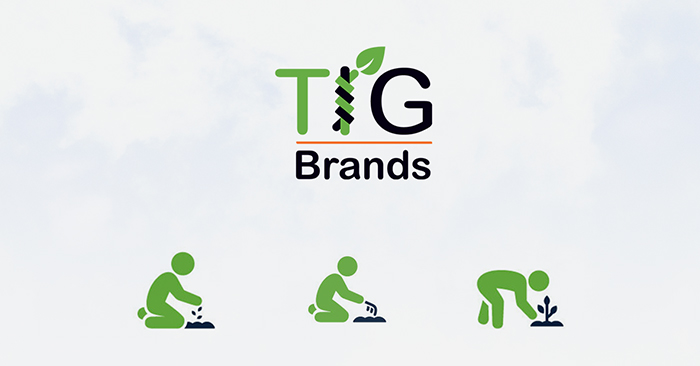TIG Brands Uses Rolling Fund To Bridge Gap For Emerging Brands

The venture capital “Valley of Death” regularly kills off great-but-underfunded natural food and beverage brands trapped in its cycle, claims Elliot Begoun, founder of TIG Brands, a CPG advisory and education community platform.
After nearly three decades in the natural products industry, Begoun became increasingly frustrated with the challenges of fundraising and recognized that, as more money came into the industry and funds grew, VC firms were waiting longer and instead writing bigger checks, making the valley even wider.
So TIG extended its platform early this summer, aiming to build a financial bridge for those early stage brands. WIth a little bit of money, he thinks, they can cross the valley on the back of a rolling quarterly fund developed to support brands looking for alternatives to a traditional capital raise.
“Most funds are looking to invest in that Grand Slam,” Begoun said. “In fact, I would argue, nowadays they’re looking for that walk off Grand Slam, bottom of the ninth, in the seventh game of the World Series – they’re looking for that unicorn. But there are a lot of really good businesses out there that could be good singles and doubles and that are going to get to profitability…. A fund structured the right way, investing in those kinds of brands, can make money for its investors and support those brands and most importantly, give these founders options.”
That idea for a fund, and frustration surrounding it, is what led Begoun to tap his network to draw capital support from industry advisors under the newly established TIG venture community. That arm operates a rolling quarterly fund which allows TIG to perpetually raise money through quarterly commitments from investors and limited partners (LPs) and deploy it to brands in its network.
“[The industry] tends to fall in love with these unicorn brands that are potentially going to [scale] 10x,” said Begoun. “That’s awesome, [however]… our industry is made up of lots of really good, niche brands that have been serving customers’ wants for a long time. How do we fund those?”
Begoun founded TIG Brands in 2014, armed with career expertise that spanned across sales, facilitation of supply chain organization, ownership of a food brokerage firm, and other roles as a senior executive. He built TIG with the goal of helping emerging brands create solid, capital efficient and scalable business. He calls these businesses “Tardigrades,” not unicorns, and supports brands at any stage through its eTardigrades program which features online coursework, advising and networking opportunities. (A tardigrade is a tiny – smaller than 1 mm – extremely hard to kill invertebrate that tends to be highly self-sufficient).
Now those programs and participants have an opportunity to tap into alternative funding to traditional VC and private equity raises as well. Begoun explained that while raising capital is especially difficult for pre-seed and seed stage brands, most emerging businesses get trapped in the valley following a VC-led Series A or B raise.
“You get out there and your distribution growth isn’t what you hoped it would be, the funds aren’t enamored by you [anymore], no one’s willing to invest in the next round – so, you have nowhere to go,” explained Begoun. “You don’t have enough [capital] to get to the other side and you can’t go back.”
Begoun said that when he does an assessment of any brand’s potential for success, he first ensures there’s a defined consumer need or demand. Beyond demand for a product, he also seeks out founders who are “fierce yet malleable” and have a willingness to learn. But where he may see the greatest opportunity is for a brand that fills space with a niche product or platform and seeks to innovate in a “sleepier” category.
“It’s great to drive high velocities and in functional beverages or in salty snacks, but it’s also okay to be a bigger fish in a smaller pond and start crushing it in the canned goods aisle or in baking,” he said.
Those are the brands he believes are often overlooked and fall victim to the VC-funding lifecycle. By opening up this alternative Begoun hopes to not only support brands in TIG’s network, but help rewire the industry’s approach to supporting and growing businesses.
“We’re trying to build a fund that uses creative terms, uses equity, uses subordinated debt, and uses this rolling fund mechanism to fund earlier stage brands that are committed to build towards profitability. [We also aim to] prove out to the industry that this model works economically for both the entrepreneur and investor.”















![[Updated] Oats Overnights Secures $45M Investment From Astō](https://d2azl42aua8mom.cloudfront.net/wp-content/uploads/2026/01/29172259/2026-01-29-oats-overnights-secures-45m-in-growth-equity-from-square-150x150.jpg)

